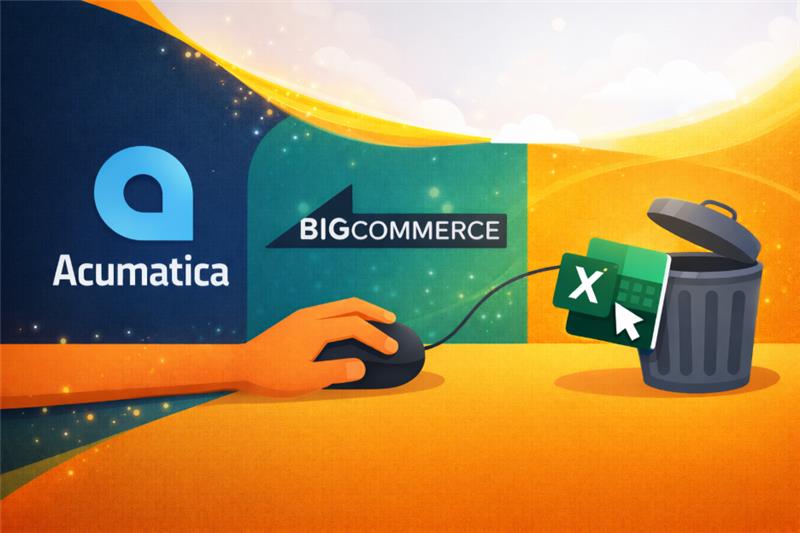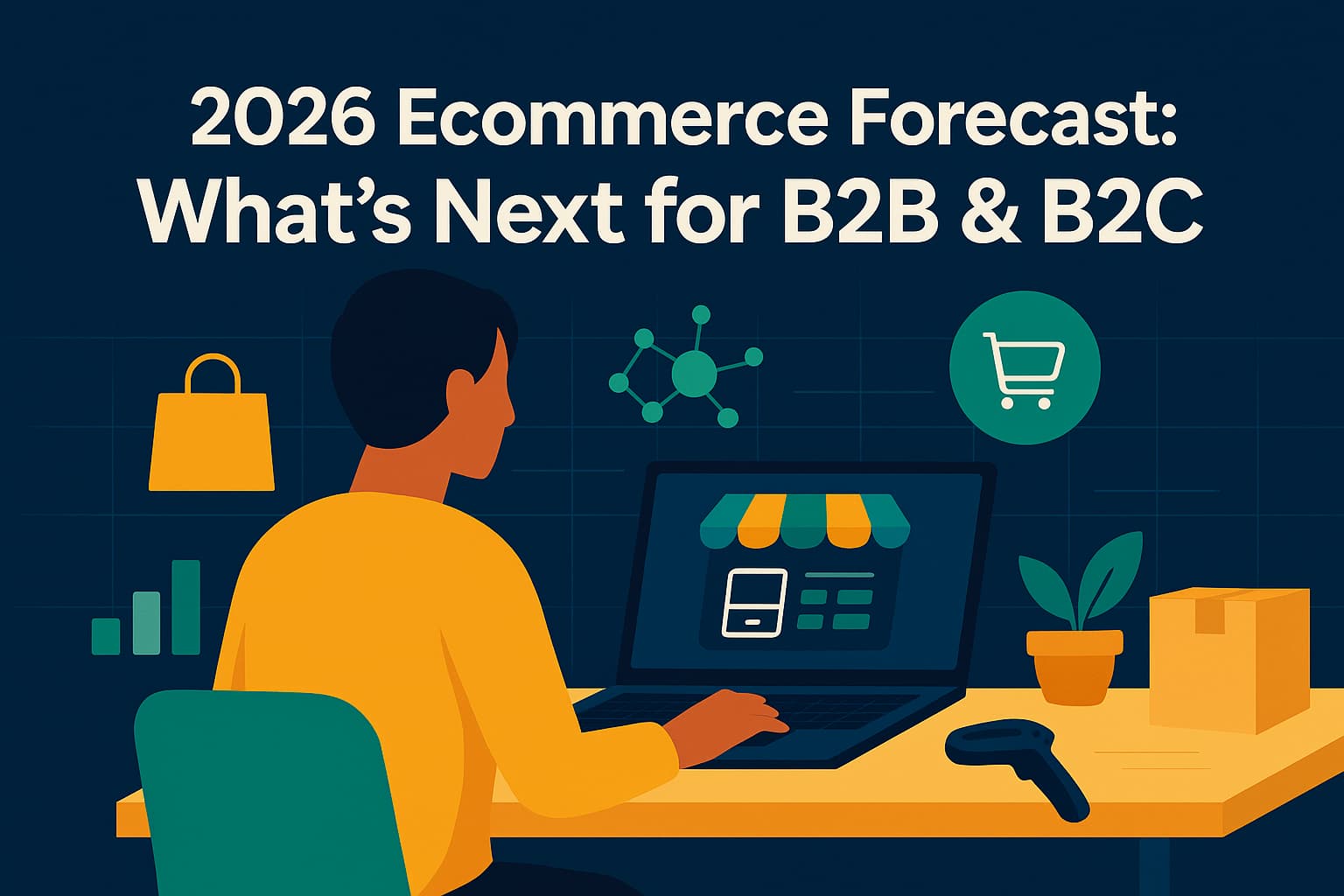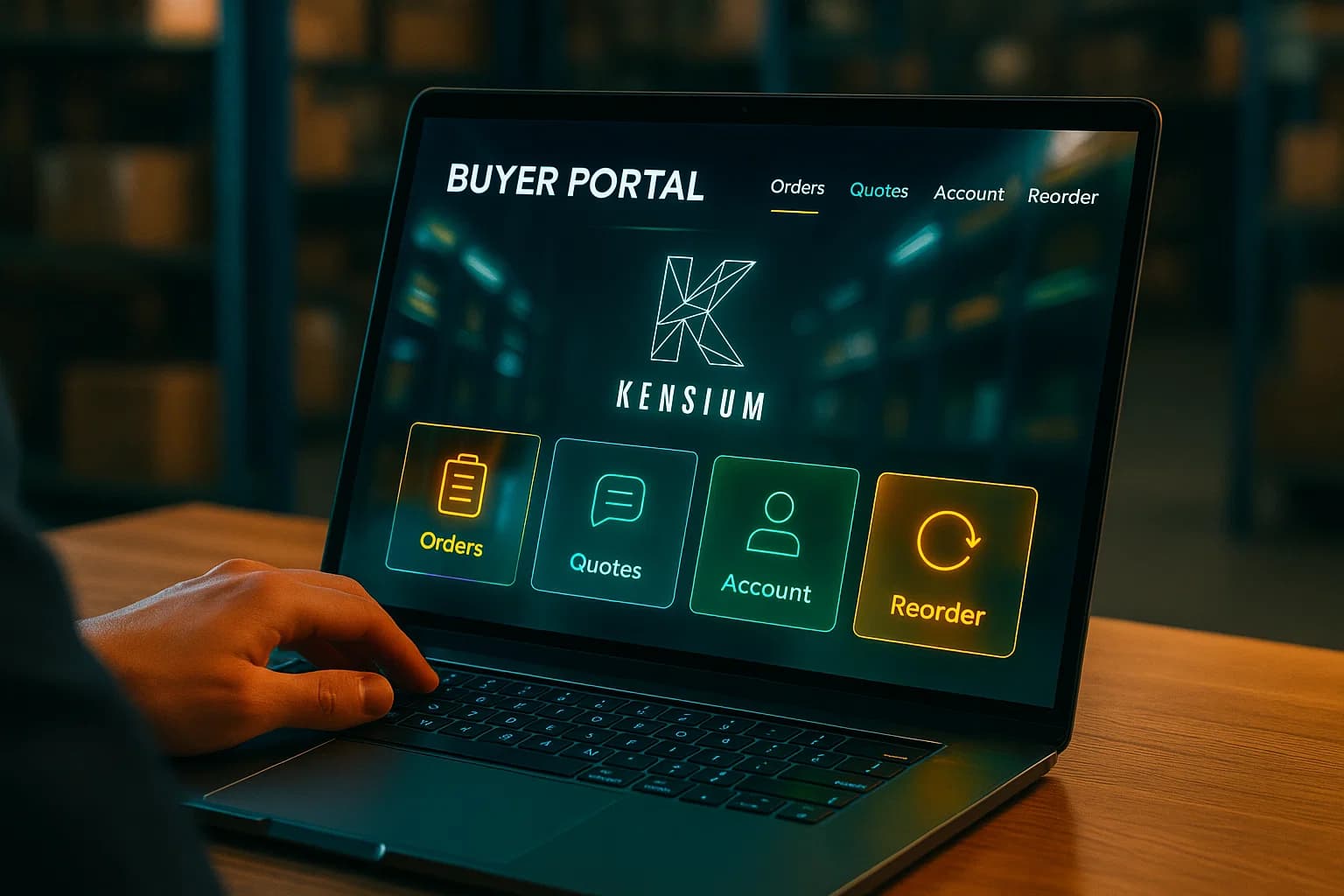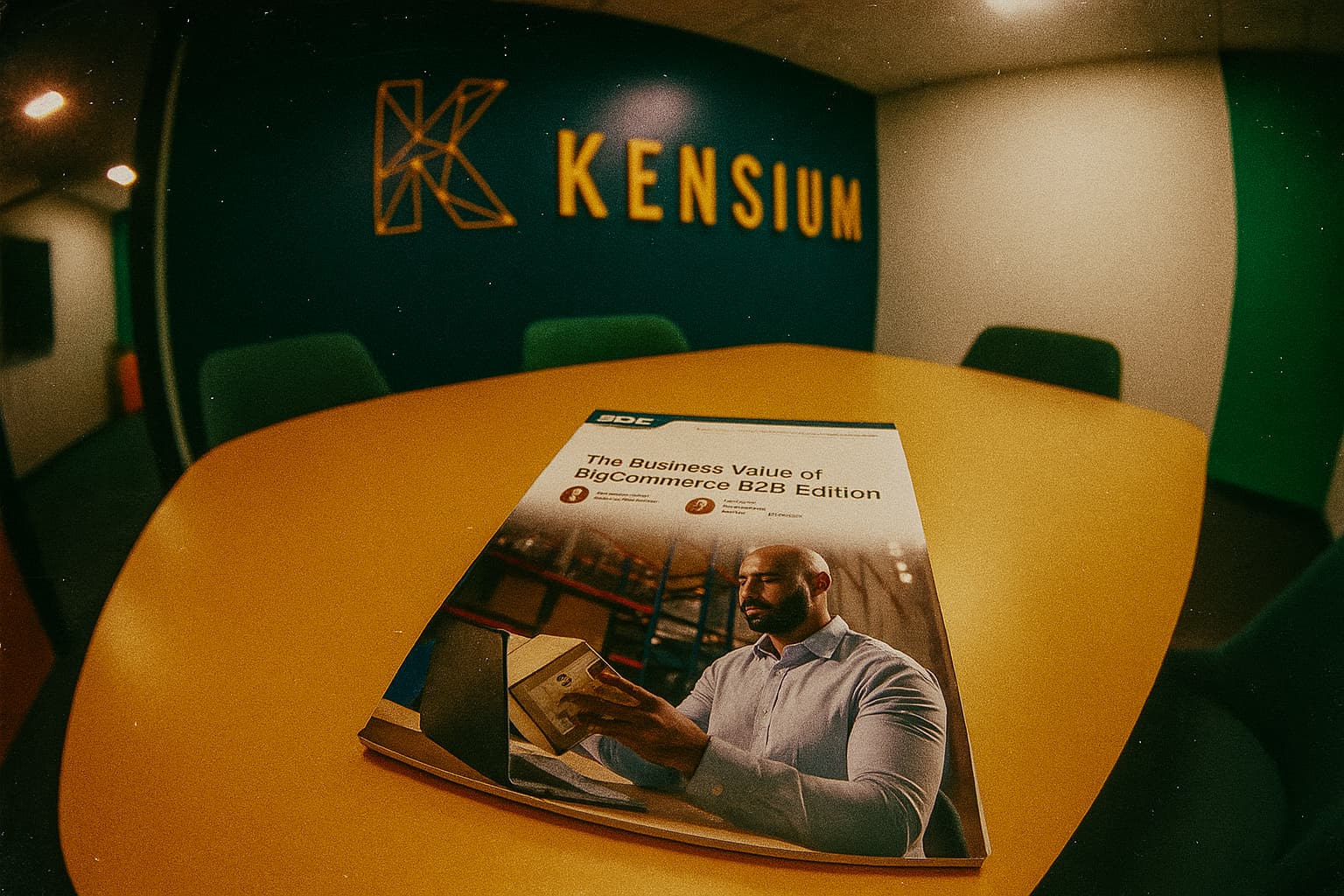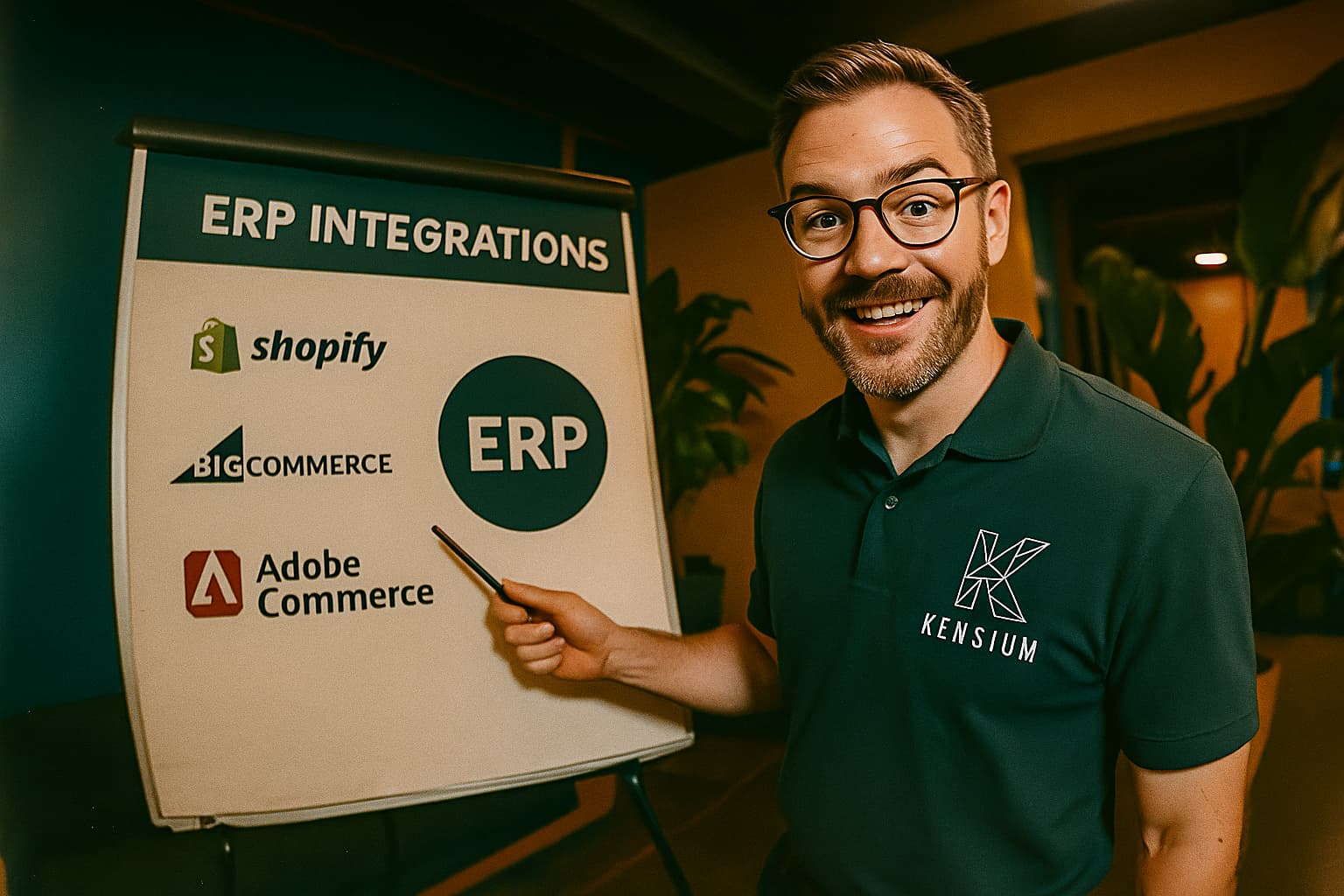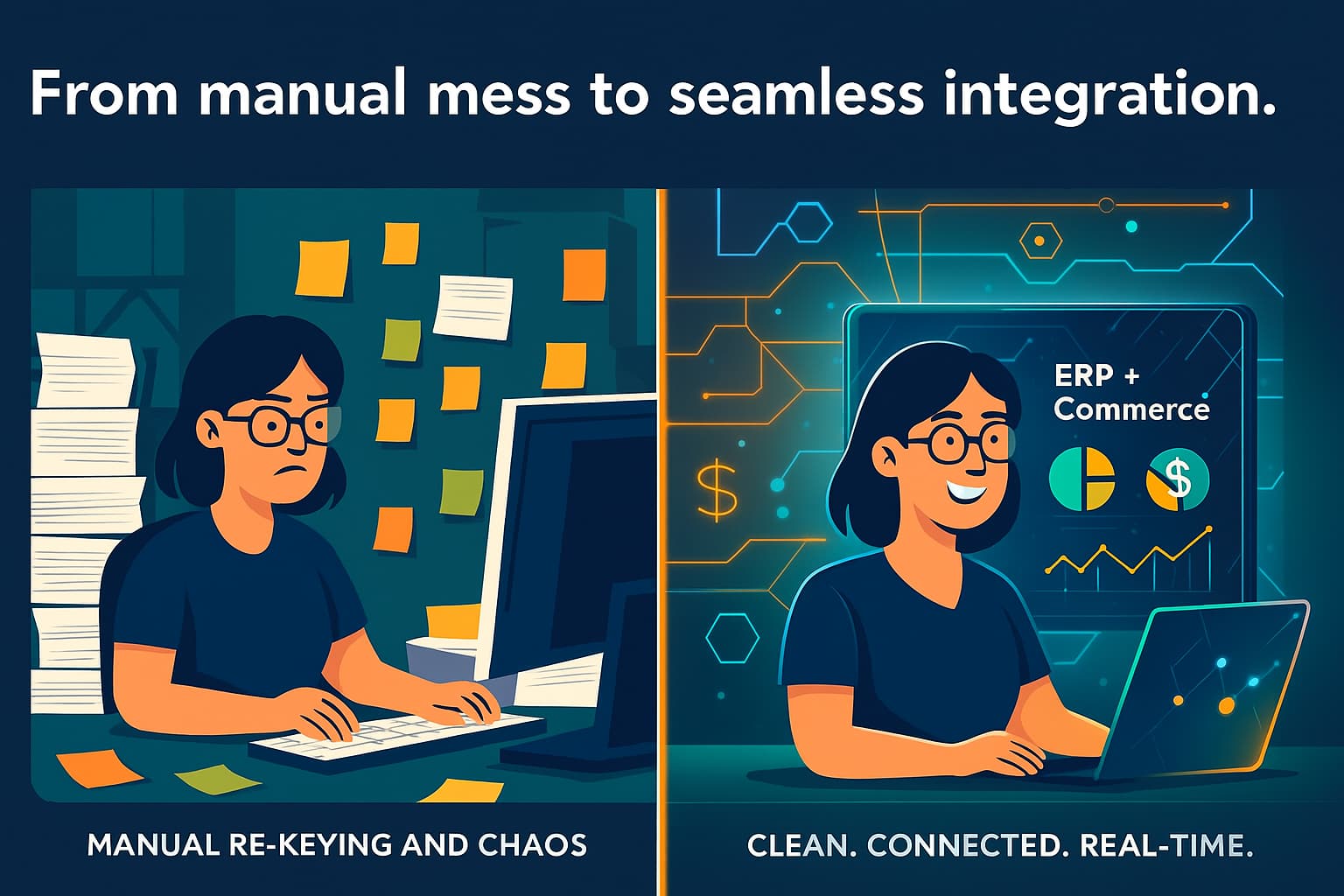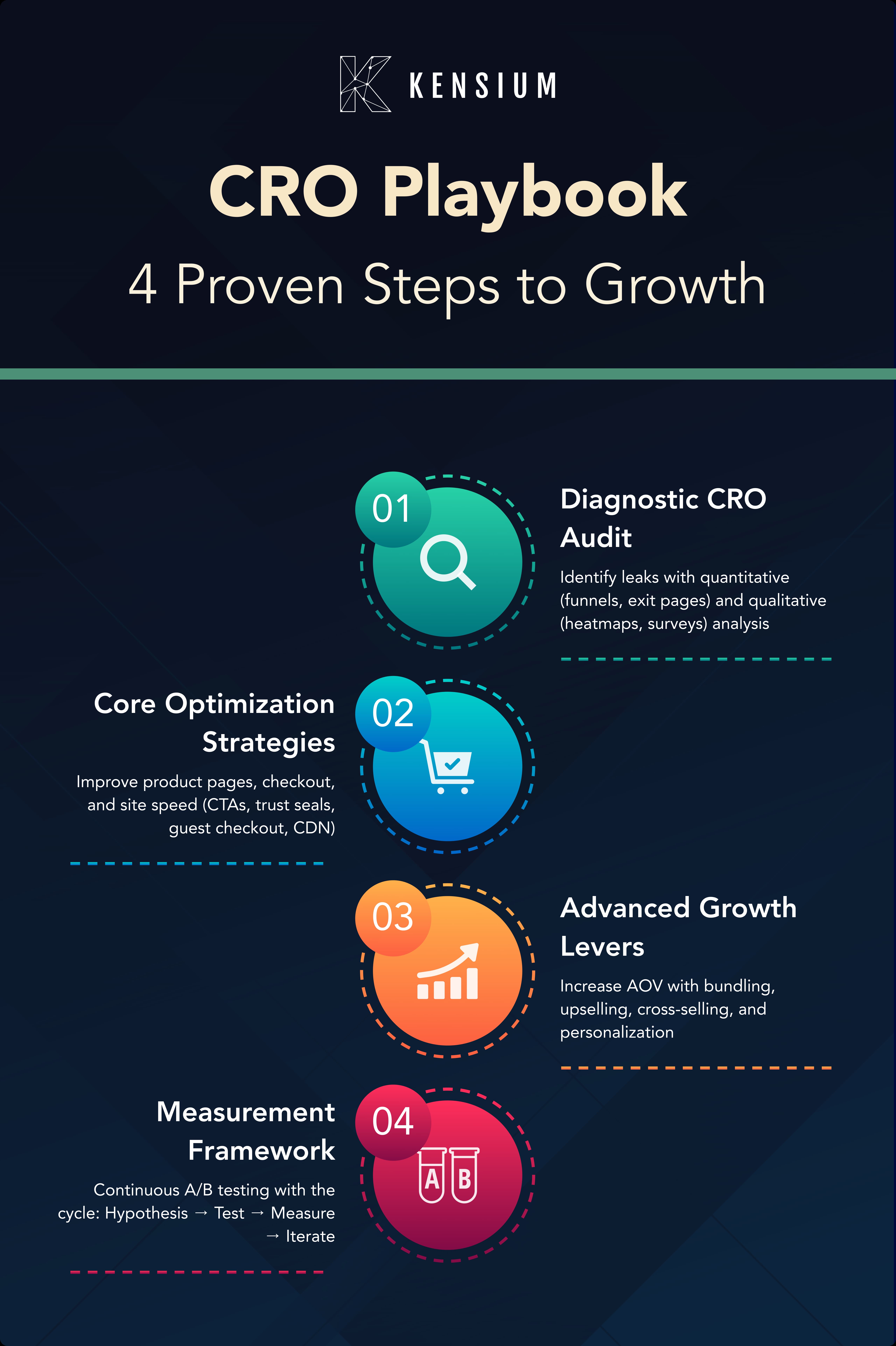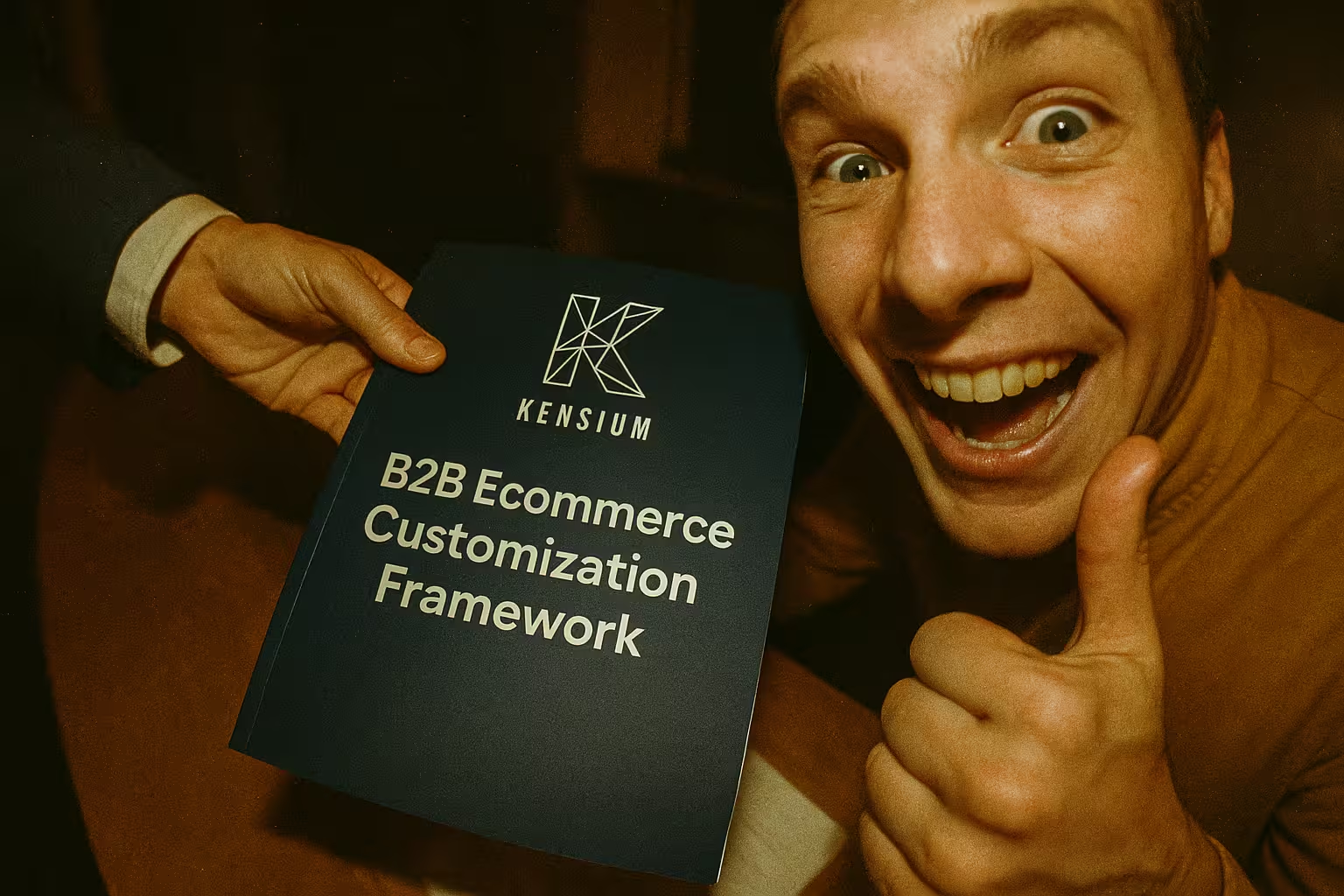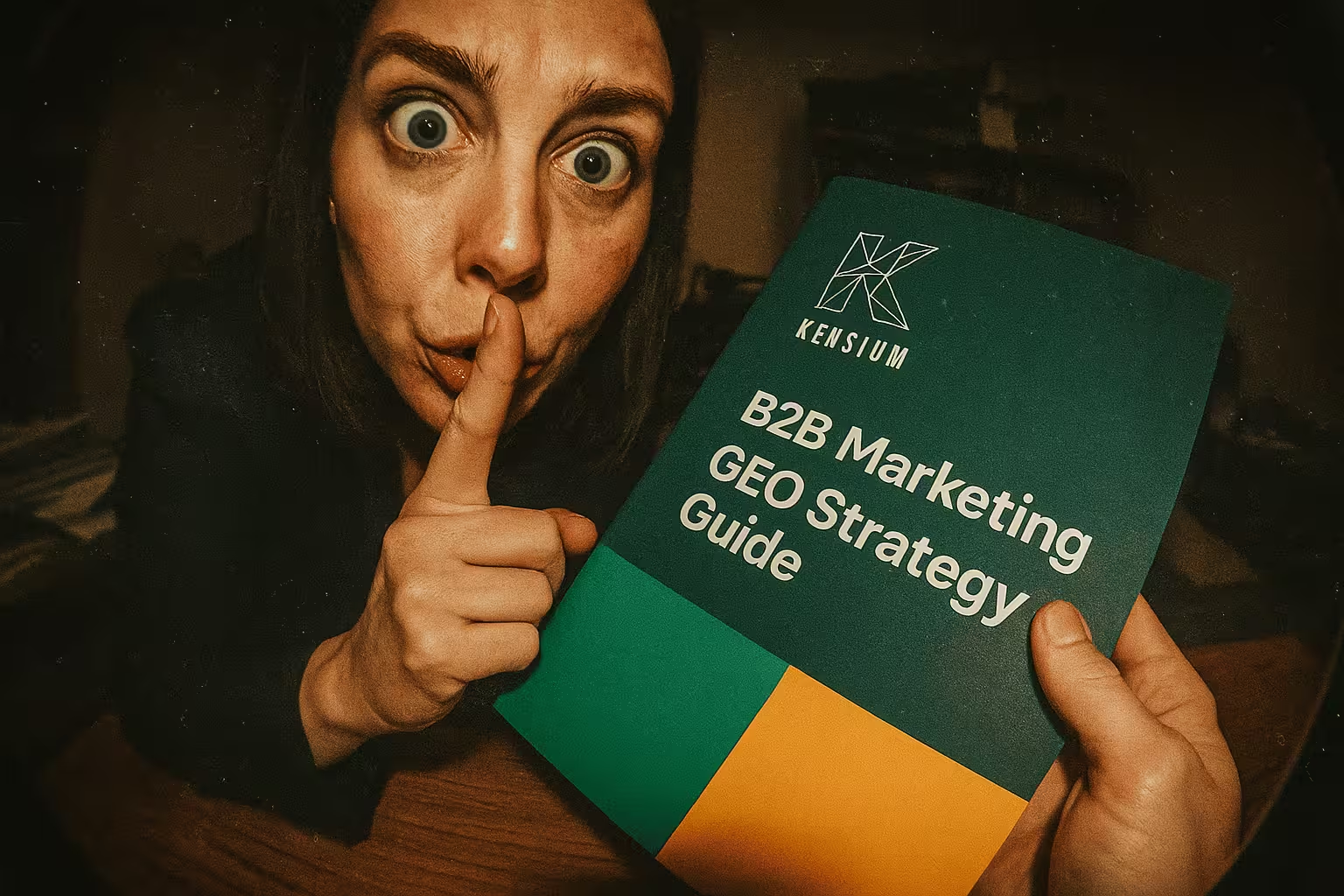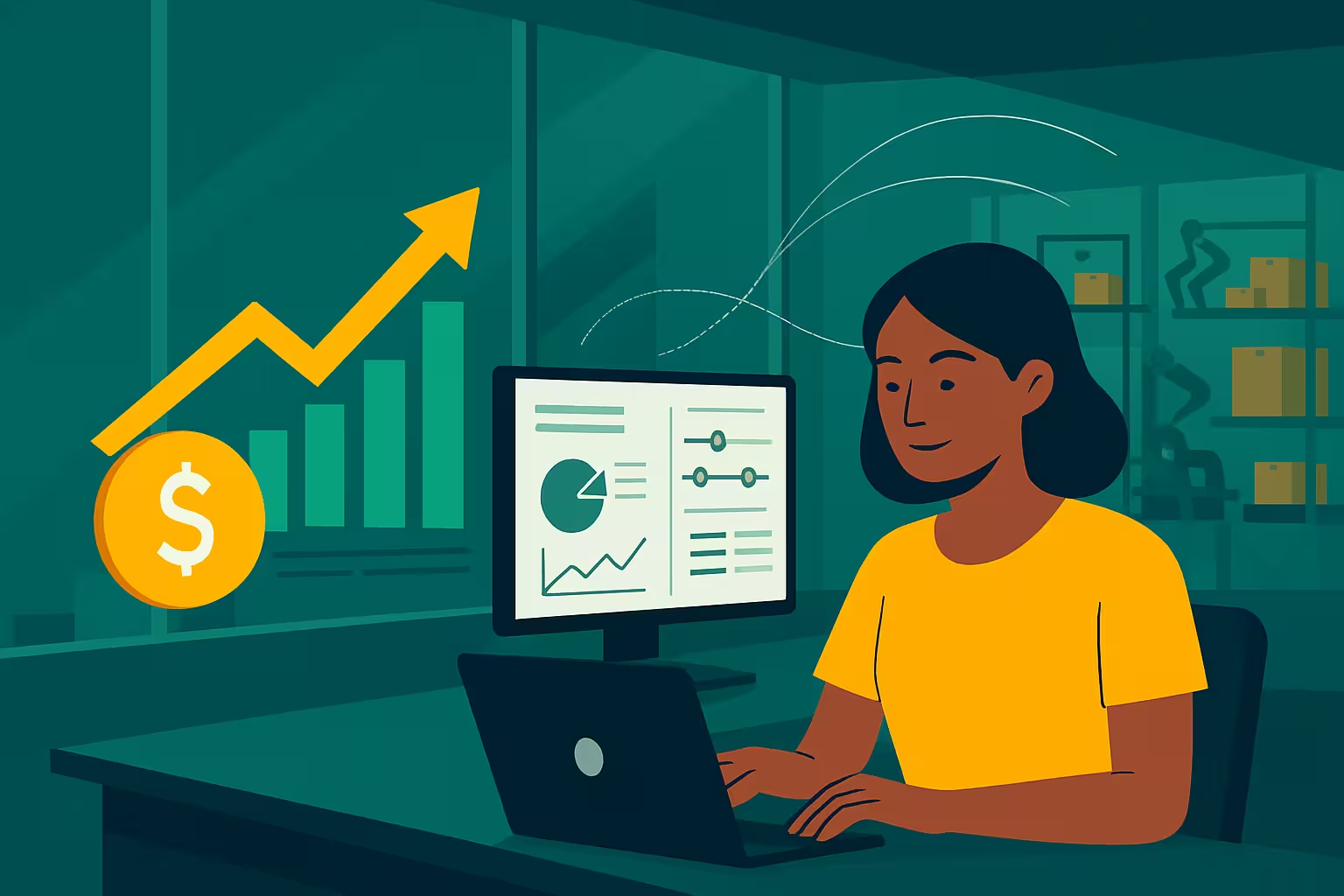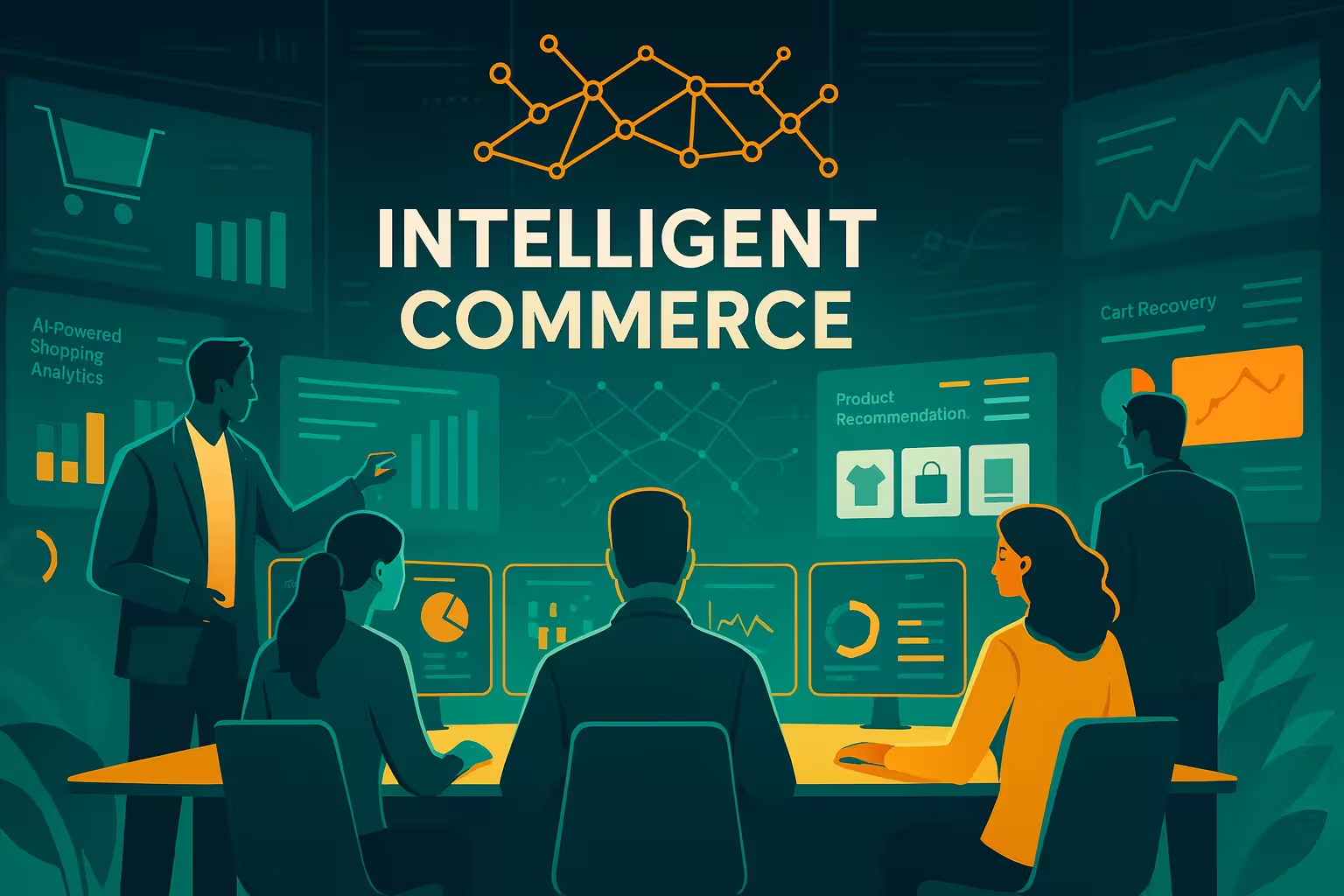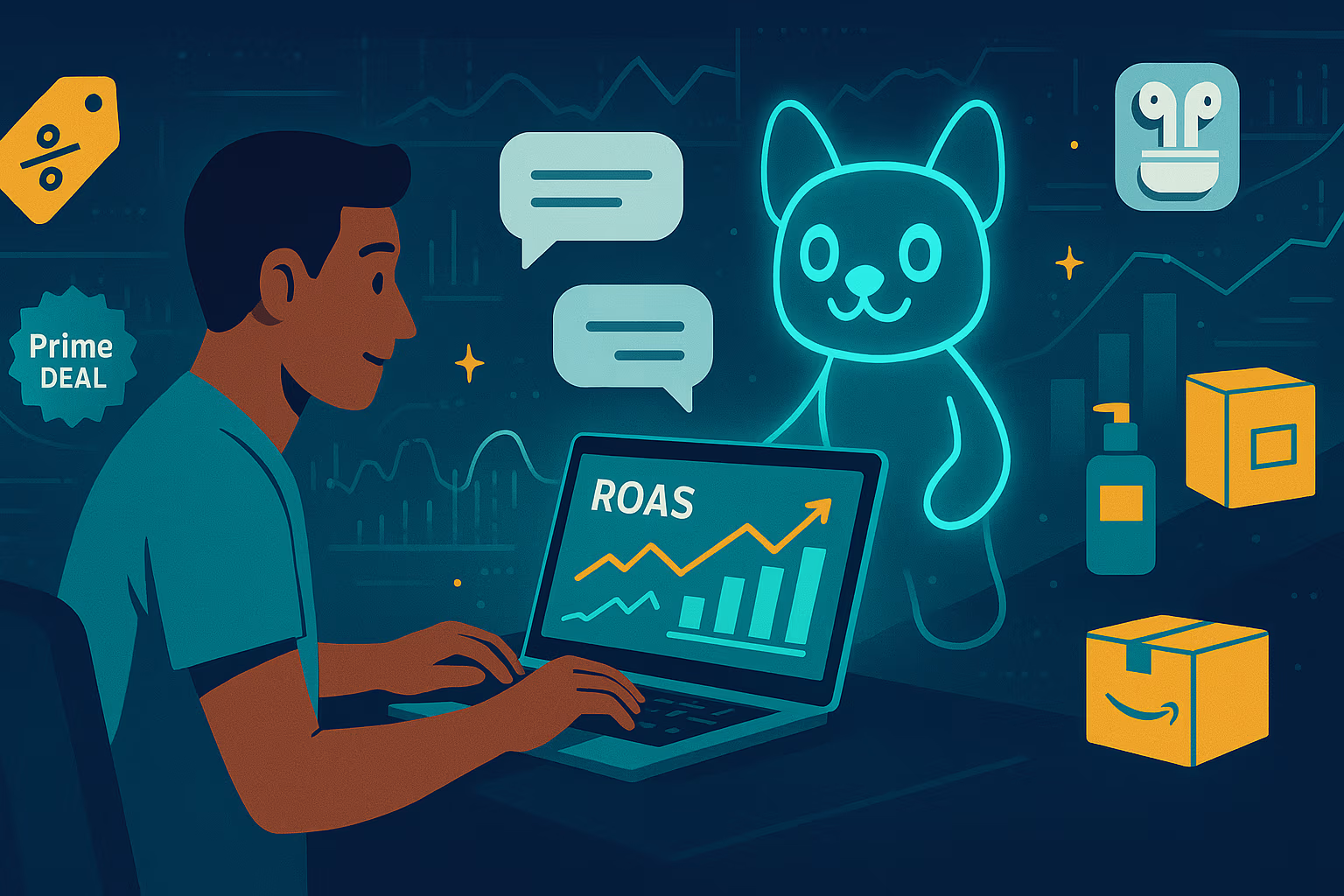
Loyalty is a funny thing. It can take weeks to establish and only seconds to destroy. As a marketing professional, you want to build brand loyalty from your customer base, so keep in mind that loyalty stems from 1 thing: Trust. Usually, trust and brand loyalty arise organically when your customers fall in love with your product and service. The challenge is convincing people to try your product/service for the first time. One way to build brand awareness is through digital advertising and social media marketing, but this won't naturally develop the type of trust that converts into brand loyalty. Trust arises most naturally from recommendations by peers, friends, or trusted news outlets, which is why referral marketing can be so powerful.
Referral marketing campaigns spark word-of-mouth advertising. Word-of-mouth is one of the most powerful marketing tools at your disposal because people are more likely to have faith in the recommendations and referrals from their friends, family, and co-workers:
- 82% of Americans say they seek advice from family and friends when making a purchase.
- 67% of Americans say they are more likely to purchase a product after someone they know shares it on social media.
- Dropbox also offered a referral program that led to a 60% increase in user signups, with over 2.8 million referrals taking place in the first 18 months. Even today, 35% of all subscriptions come from their referral program.
In the right hands, one customer's loyalty can be worth over $10,000 in marketing spend. You need to create opportunities for them to prove it to their social circle. For that to happen, you need to use referral marketing to create "social proof."
Social Proof
"Social proof" is a psychological phenomenon in which people mimic the actions of others because they believe it will get them approval from the larger group. Uncertainty is the main driving force behind social proof since consumers start unsure about a product and look to other peoples' opinions to guide them. Online advertisements, blogs, social media posts are all examples of collateral used for social proof.
Let's explore what forms of social proof build the most trust. A great example is customer testimonials, especially ones with photos and videos. Certain products or services lend themselves quite well to visual customer testimonials. For example, if you are marketing a workout program or app, a "before/after" customer testimonial can be incredibly powerful. It showcases the "social proof" of your service, helping someone accomplish their goals and creates inspiration for people after the same purpose.
Here are a few other examples of social proof you can create:
- Unboxing is an excellent example if you are product-focused. If your product is that good, tons of YouTube product reviewers will unbox and critique it. If the YouTuber has a reputation for being unbiased and fair, and they give your product a useful review, it goes a long way toward building trust.
- Encouraging and posting user-generated content is an excellent way to recognize your customers and take advantage of genuine images or videos. These may be unsponsored posts by influencers or well-known figures, or they may be great posts by regular customers and followers.
- Memes are easy to spread and show customers your brand doesn't take itself too seriously. It depends on the industry, but having an irreverent attitude on social media will get people to notice you. Just look at Wendy's Twitter page to see how effective and fun it can be.
All this stems from your brand identity. Having a firm grasp of your voice, goals, and communication methods makes it much more "referable."
Creating A Referable Brand
The more authoritative the person sharing, the stronger the referral. Find your best customers and people working in the industry to refer people in their circles. Our advice is to woo trusted customers to become "mini-influencers" because people, by and large, are getting disillusioned by product recommendations from popular influencers. Trusted customers also know a lot more about the product, and are working a job related to it, so the people in their circle are already predisposed to listen to them.
Next, USE INCENTIVES! A great way to get referrals is by offering incentives for referrals. You've probably seen this happen a million times; a service offers a coupon code or discount after you get one of your friends to sign up. The reason you keep seeing this is because it works. Uber is one of the best examples. Their initial referral program exploded sales. Promote your incentive marketing across all social media channels, and watch sales roll in.
Lastly, "gamification" can make your referral program a lot of fun for your customers. Gamification is the use of game mechanics to motivate and engage users. Capitalize on people's inherent competitive energy, especially if you are offering an ongoing service. Tesla Motors has a fresh example of this. They have an online leaderboard in which people compete to save the most CO2 per year. Gamification can redirect people's energy for competition into a passion for your product.
Referral Marketing Is Cost-Effective
Since referral marketing depends on customer word-of-mouth, you're not paying any advertisers or marketers. Your customers are doing free marketing for you because your product or service has made a significant impact on their lives, and they want to share that impact with people in their social circle. Many small businesses out there don't have enough time, money, or the workforce to set up big fancy marketing campaigns.
Having excellent customer support can lead to free marketing collateral. You won't always be able to please everyone, but bad reviews are fixable with excellent customer service. A detailed negative review can have a harsh impact, but you can fix them. Get your customer service to a level where happy customers are excited to sing your praises publicly. People want you to hear them, and they want you to solve their problems. Make sure that your customer support staff is always responsive, authentic, and consistent when communicating with your customers. Publicizing these customer support "wins" looks good and costs nothing except a little time and effort.
Wrap-Up
A referral marketing campaign can help put you in front of a large pool of people that you might not be able to get in front of typically. It primes new customers to trust your brand and provides scalability for word-of-mouth to happen. People derive pleasure and social currency from recommending products or services they know their social circle will love. Convince them to spend that social currency on you!
Kensium has experts in marketing, experience design, and branding who can kickstart your marketing presence into the stratosphere. If you want advice and guidance on how to create an effective referral marketing campaign, check out Kensium's Marketing page today.








.png)



